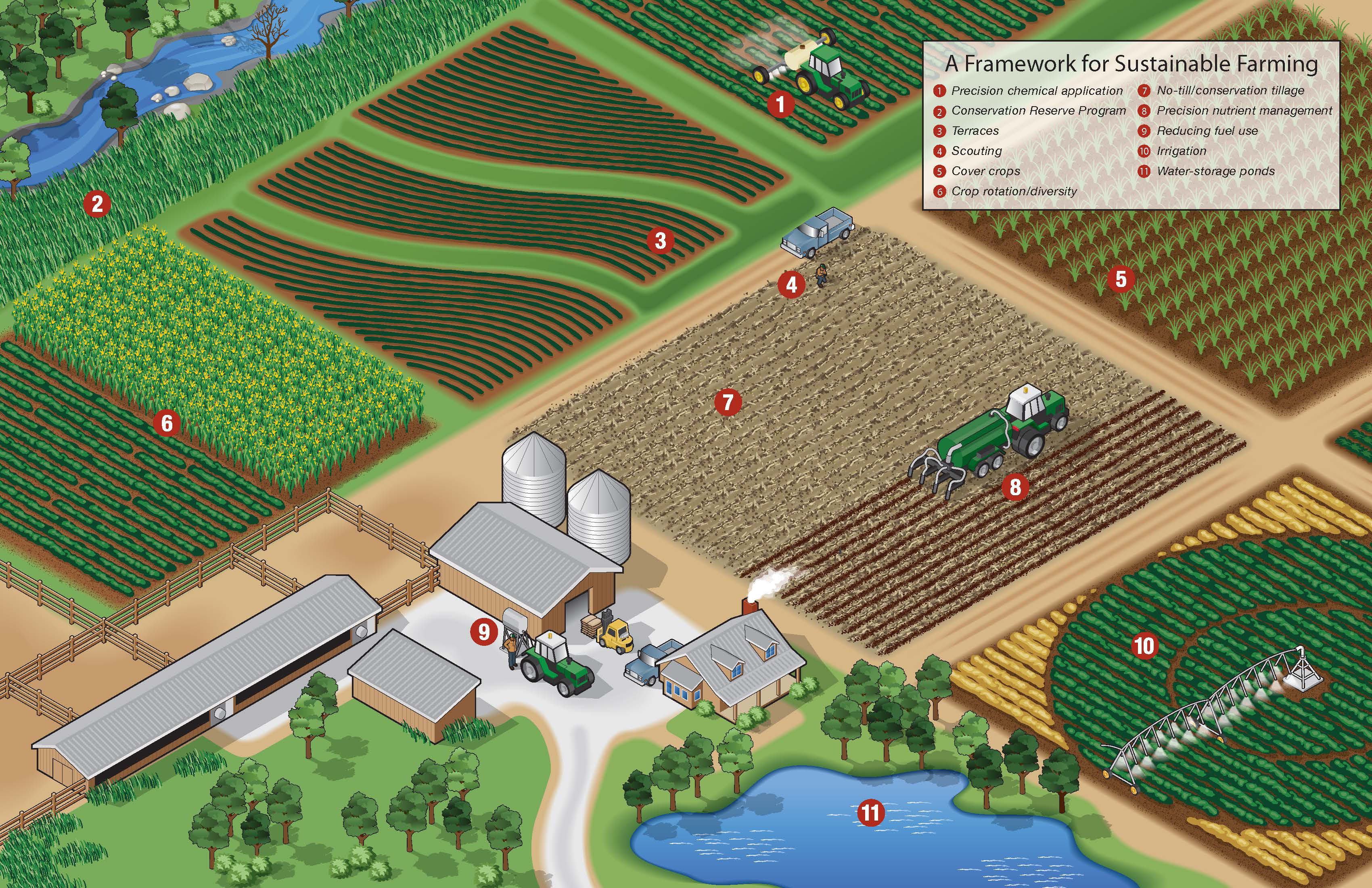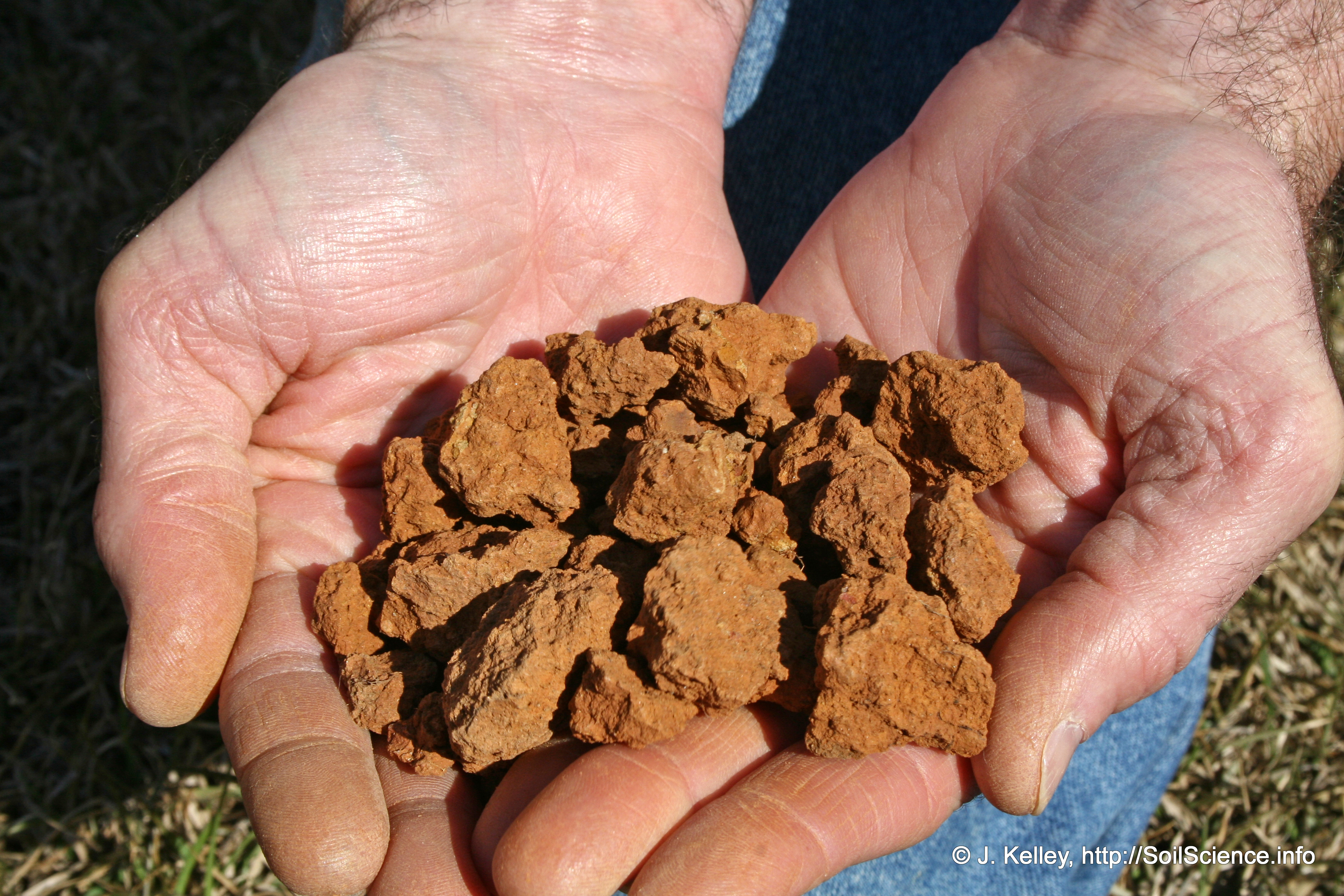The symphony of the earth’s whispers orchestrates a harmonious dance between humanity and nature. In this grand symphony of life, sustainable farming practices emerge as a gentle melody, resonating with the resolute commitment to nurture the land, protect precious resources, and preserve the delicate balance of our ecosystem. Far removed from the destructive practices of yesteryears, sustainable farming embodies a profound understanding that our choices today shape the legacy we leave for future generations. Join us on an exploratory journey as we delve into the intricate tapestry of sustainable farming practices, unveiling the secrets hidden within the fertile soil and weaving a tale of resilience, responsibility, and regeneration. Let us embark now, together with the earth, on a path that embraces prosperity without compromise, forging a future where nature’s song, forever undisturbed, weaves itself into the fabric of our existence.

1. Nurturing Soil Health: The Cornerstone of Sustainable Farming Practices

When it comes to sustainable farming practices, nurturing soil health is paramount. Soil, the bedrock of agriculture, is a living ecosystem that requires careful attention and nurturing. By adopting practices that promote soil health, such as cover cropping, crop rotation, and minimal tillage, farmers can enhance soil fertility and structure, reduce erosion, and improve water absorption. Additionally, incorporating organic matter and compost enriches the soil, creating a nutrient-rich environment for crops to thrive. By prioritizing soil health, farmers can ensure the long-term sustainability of their operations and contribute to the preservation of our natural resources.
2. Implementing Agroecological Techniques: A Path Towards Long-Term Sustainability

- Resilience: Agroecological practices boost the natural resilience of ecosystems, reducing the impact of climate change and other environmental challenges.
- Biodiversity: By promoting diverse crops and livestock, agroecology helps preserve biodiversity and protects against the loss of genetic resources.
- Soil Health: Agroecological techniques prioritize building healthy soils through practices like cover cropping, crop rotation, and organic fertilizers.
- Water Conservation: Implementing agroecological methods minimizes water wastage by using efficient irrigation systems and promoting water-saving practices.
- Community Empowerment: Agroecology fosters knowledge-sharing and cooperation among farmers, empowering local communities to take ownership of their food systems.
Final Thoughts
In conclusion, sustainable farming practices play a vital role in shaping a greener and more prosperous future for our planet. By embracing innovative techniques and mindful approaches, farmers have the power to protect our ecosystems, preserve biodiversity, and ensure food security for generations to come. Through the implementation of organic farming methods, such as crop rotation, agroforestry, and natural pest control, we can reduce synthetic inputs and prioritize long-term environmental sustainability.
Additionally, adopting precision agriculture and embracing technology-driven solutions can optimize resource utilization while minimizing waste, making farming operations more efficient and economically viable. By harnessing renewable energy sources and reducing greenhouse gas emissions, sustainable farmers can actively contribute to combatting climate change, improving air and water quality, and mitigating soil degradation.
Moreover, sustainable farming practices not only benefit our environment but also create healthier and more resilient communities. Local, organic produce fosters better nutrition and lays the groundwork for a thriving local economy. By supporting small-scale farmers, we can reduce dependence on monocultures and corporate agriculture, fostering a diverse and resilient food system.
By making sustainable choices, we become actors in a larger movement towards a regenerative and ecologically sound agricultural landscape. Each decision we make as consumers, activists, and policymakers contributes to shaping a future where sustainable farming practices are the norm, and our planet thrives.
As the demand for sustainable agriculture continues to grow, let us rally behind those who work tirelessly to feed us while simultaneously protecting our environment. Together, we can create a more sustainable and resilient future for generations to come.
